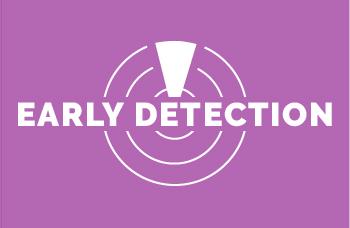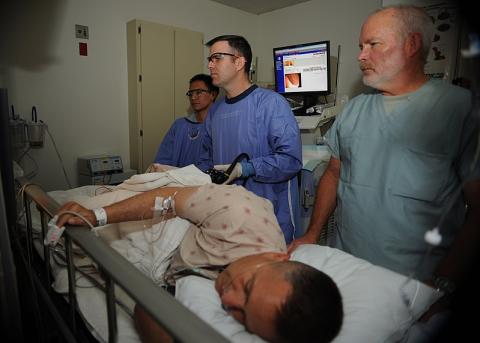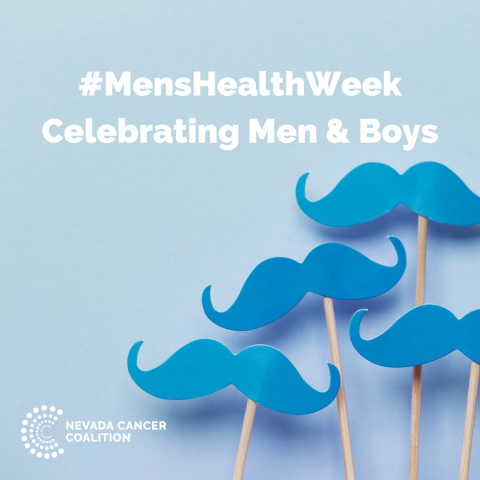New Colon Cancer Screening Guideline Released...What Does It Mean?
07 July, 2018
 In May 2018 American Cancer Society released an updated guideline for colorectal cancer screening. The new recommendation says regular screening should start at age 45 for individuals at average risk for developing colon cancer. Current guidelines from the United States Preventive Services Task Force (USPSTF) and Centers for Disease Control and Prevention (CDC) say regular screening should start at age 50 for those at average risk. Both recommendations suggest screening should continue through age 75 for those who have a life expectancy of 10 years or longer.
In May 2018 American Cancer Society released an updated guideline for colorectal cancer screening. The new recommendation says regular screening should start at age 45 for individuals at average risk for developing colon cancer. Current guidelines from the United States Preventive Services Task Force (USPSTF) and Centers for Disease Control and Prevention (CDC) say regular screening should start at age 50 for those at average risk. Both recommendations suggest screening should continue through age 75 for those who have a life expectancy of 10 years or longer.
Why are there two differing recommendations?
Screening for cancer is meant to prevent a patient from developing the disease or find it early when it’s easiest to treat. When experts review screening guidelines they review a number of scientific studies to understand what has proven to work best for patients. They consider many things including how often a person should get screened, what types of screening tests are most effective, the potential risks and harms of screening, at what ages people are diagnosed, and how many lives could be saved with screening, among other factors.
Why are recommendations always changing?
Researchers are always looking for new ways to find cancer early. As new studies are completed and new information is available, experts re-evaluate recommendations to see if they should be updated. Also, when new screening tests are developed experts may change guidelines to include those tests. For example, at-home FIT tests and Stool DNA tests were added as approved screening tests for colon cancer within the past several years. Before that, colonoscopy was the most often recommended screening exam.
What will change with this new screening recommendation?
Some health care providers may start using the new guidelines right away, while others may prefer to use the guidelines from a different organization, based on what the provider feels is best for the patient. The same is the case for health insurance companies, which may or may not provide coverage based on the new guidelines.
Programs such as Nevada’s Colorectal Cancer Control Program, which offers free colon cancer screening to those who qualify, are funded by the CDC and rely upon USPSTF guidelines. This program will continue to offer screening starting at age 50 for those who qualify.
How do I know which screening recommendation to follow?
It’s always most important to talk to your health care provider about when you should start screening for cancer and what exam is best for you. When you see your provider, be sure to share your personal and family history of cancer, talk about your risk factors, and discuss which screening option is best for you. You’ll also want to check with your insurance provider to determine what screening exams they will cover and at what age.
Despite following different screening recommendations, one thing on which all major health organizations agree is that screening saves lives.
You May Also Like

Recommended Cancer Screening for Colorectal
11.03.2021
Part of the 2020 Recommendations and Best Practices for Cancer Screenings Series, this session focuses on screening guidelines for colon cancer an

Good Prep a Key to Colonoscopy
07.25.2018
Prepping for colonoscopy is dreaded by many, and for some is a barrier to screening.
